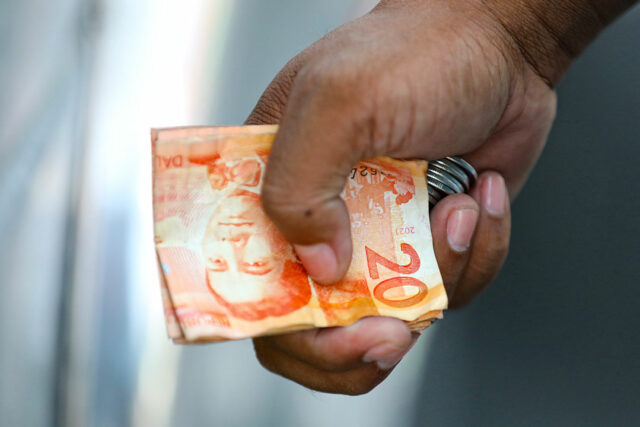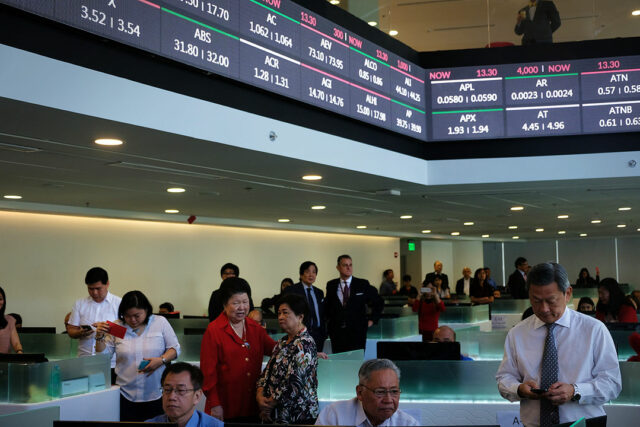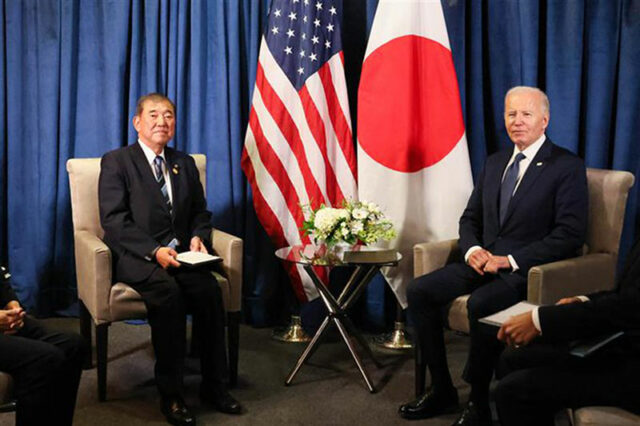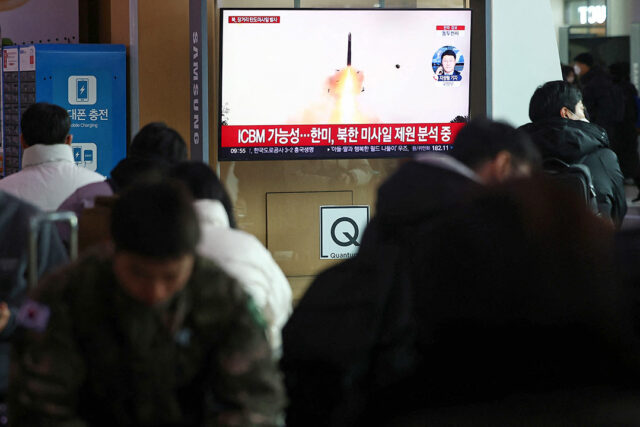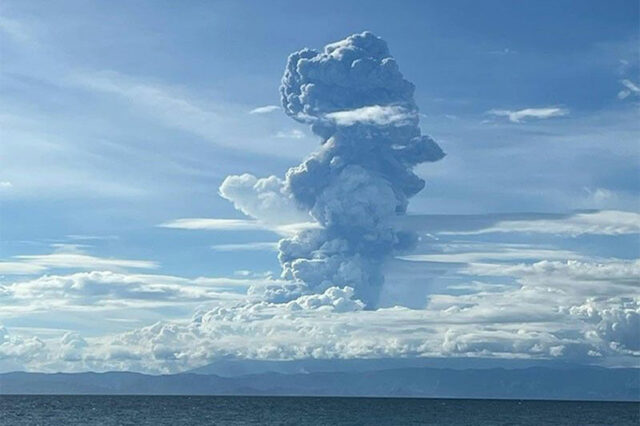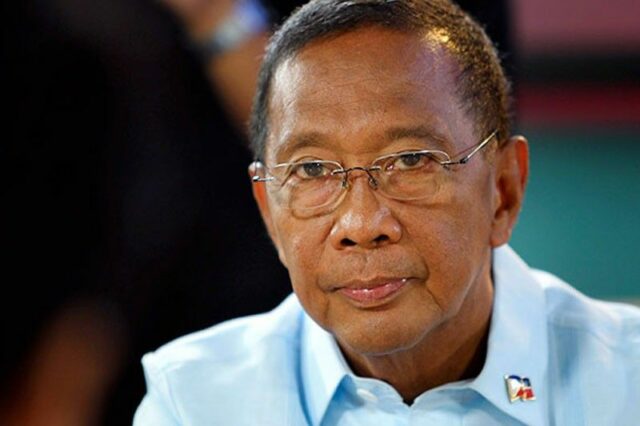AirAsia signs on to pitch PHL to Muslim travelers
THE Department of Tourism (DoT) said on Thursday that it signed a memorandum of understanding (MoU) with AirAsia Philippines, which will help promote Muslim-friendly tourism.
“The potential of halal and Muslim-friendly tourism is huge for the Philippines because halal tourism globally is one of the largest sectors of tourism, and its value is growing exponentially precisely because it touches upon so many countries,” Tourism Secretary Ma. Christina G. Frasco said on the sidelines of a briefing on Thursday.
“We are making great strides to ensure that we pay attention to everything that needs to be done to make the Philippines Muslim-friendly and halal-friendly,” she added.
Under the MoU, AirAsia Philippines committed to providing halal-certified meals on all flights, co-marketing on campaigns, and integrating the Love the Philippines branding in its materials.
Meanwhile, the DoT will provide AirAsia with training to enhance the airline’s services.
“Both parties will work together to elevate the Philippines’ appeal to Muslim travelers while maintaining mutual respect for each other’s intellectual property and brand integrity,” the DoT said.
AirAsia Philippines Chief Executive Officer Ricardo P. Isla said AirAsia Philippines served 550,000 halal meals last year.
“We will add more (options) in our menu. We currently offer not only Filipino food but also Malaysian, Indonesian, Japanese, and Singaporean food. And not only that, our sandwiches are also halal,” he said.
Mr. Isla added that AirAsia plans to speed up and be more aggressive in growing its domestic network.
“We have identified Cebu, Caticlan, and Cagayan de Oro, where we have significantly increased our frequency,” he said.
“We know that our international travel is very important, but our priority for 2025 is to speed up the growth of our domestic sector. And that, therefore, is going to be a big contribution as far as our tourism program in the Philippines is concerned,” he added.
According to Ms. Frasco, the DoT hopes to onboard more private-sector partners to help make the Philippines a more Muslim-friendly destination.
Asked about the DoT’s targets for international arrivals this year, Ms. Frasco said tourism receipts are more important than arrivals in determining the robustness of the tourism industry.
“We will definitely work towards exceeding the visitor receipts of P760 billion. The numbers we must focus on are not just physically counting the number of foreign arrivals in the Philippines against ASEAN counterparts,” she said.
“The question should be, ‘How much has tourism been contributing to the economy, and how many people are being employed by tourism?,’” she added.
In 2024, tourism receipts totaled P760.5 billion, exceeding the 2019 level of P600.01 billion.
“In addition to that, we are fully committed to further growing our domestic tourism market, currently valued at over $66 billion. So, these are the numbers that we should pay attention to because this is what can give support and livelihood to our countrymen,” she said. — Justine Irish D. Tabile


